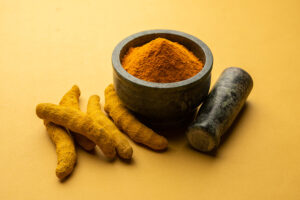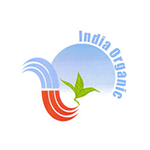

Temperatures have been dropping in the first week of December, ushering in the 2020 winter. However the sudden unexpected rain showers in the last few days have cast grey clouds over the mango orchards across Devgad and Ratnagiri and also increased temperatures and humidity levels.
The flowering in Aamrai farms has so far been pretty good and with a cold winter setting in, it will help accelerate the fruit formation. However if the rains persist for a few days and are heavier, it could reverse the process. As the water availability in the ground increases and more moisture is available, it spurs the mango tree to increase vegetative growth, i.e. leaves rather than flowering and subsequent fruit formation. On the other hand, when the cold winter sets in and monsoons have receded, the mango tree has sparse moisture availability, resulting in abundant flowering. This odd phenomenon is locally called “ambya chya zhaadaa var taan padlaa” or loosely translated as “the mango tree is stressed out”.
Another reason why the Ratnagiri alphonso mango is truly unique and is produced only in adverse conditions, in fact it thrives in it. The flowering requires lack of moisture and a cold winter; while later in the months of April/May, a strong sun and a hot humid summer is necessary for speedy fruit formation and size. Perhaps this is what makes the hapus so sweet, aromatic, flavourful and unique.

USDA (USA)

GI Certified

India Organic


Copyright © 2025. All rights reserved by Aamrai Organic
WhatsApp us
Share your details to receive an exclusive discount on the first batch of premium Malawi Mangoes this season. Don’t miss out on the taste of true luxury!